12 GPTs for Privacy Policy Powered by AI for Free of 2025
AI GPTs for Privacy Policy are advanced artificial intelligence tools based on Generative Pre-trained Transformers, specifically designed to address tasks and topics within the realm of privacy policies. These tools leverage the power of GPTs to provide tailored solutions for creating, analyzing, and interpreting privacy policies, ensuring compliance and enhancing understanding of privacy regulations. Their relevance lies in the ability to automate complex tasks related to privacy policy management, making them indispensable in safeguarding personal data and adhering to legal standards.
Top 10 GPTs for Privacy Policy are: プラポリチェッカー,Legal Eagle,👑 Data Privacy for Public Transportation 👑,👑 Data Privacy for Non-Profits & Charities 👑,DSGVO Guide,Complai,RGPD Compliance,Legalese Translator,Small Print - Terms and Conditions,Fine Print Reader
プラポリチェッカー
Ensuring Privacy Policy Compliance with AI
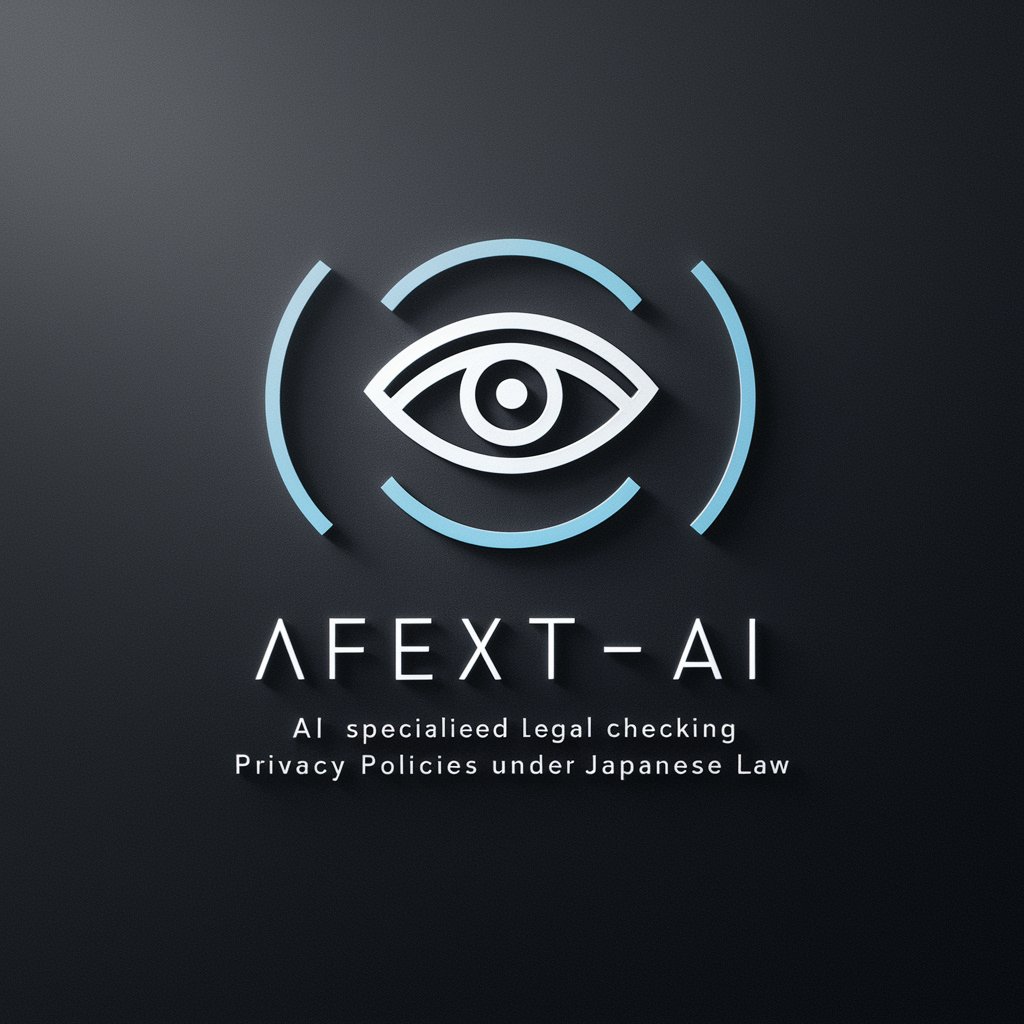
Legal Eagle
Deciphering Terms with AI Power
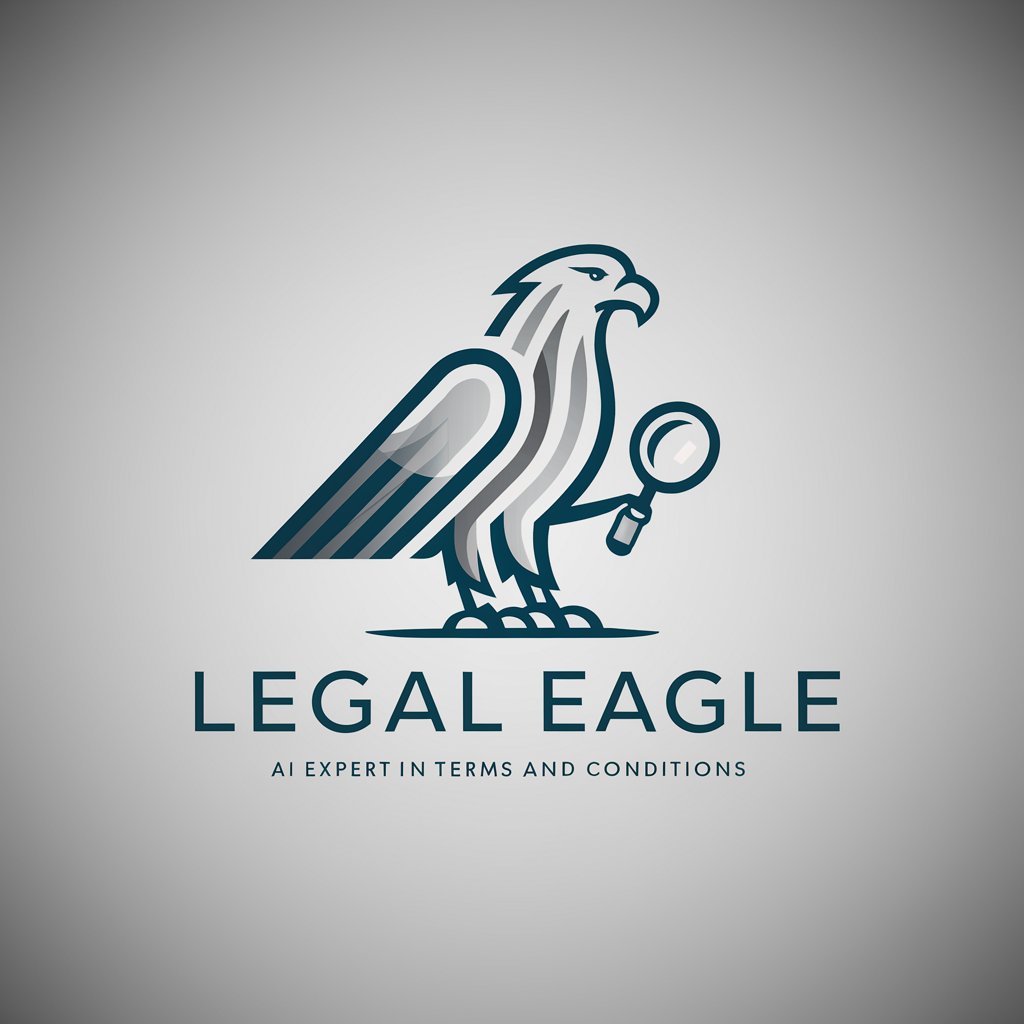
👑 Data Privacy for Public Transportation 👑
Safeguarding Passenger Data with AI
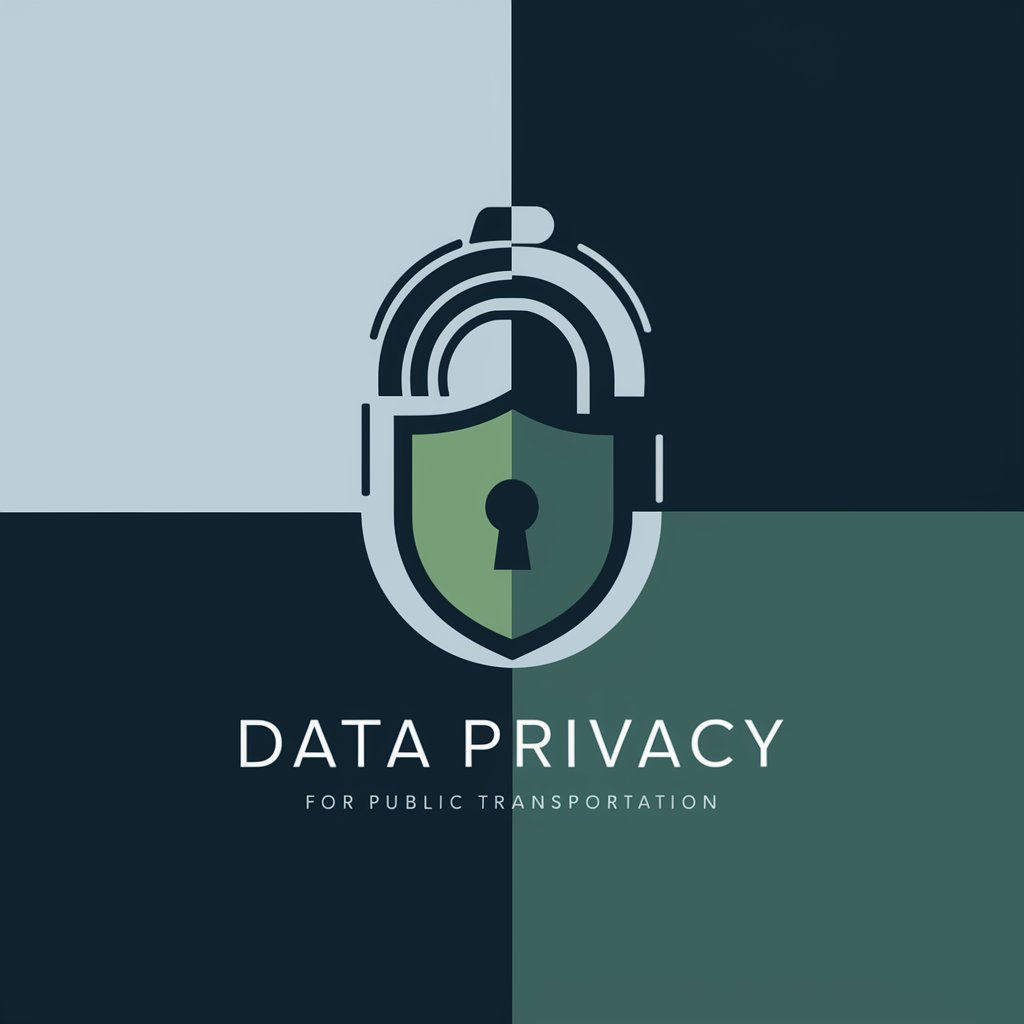
👑 Data Privacy for Non-Profits & Charities 👑
Empowering Non-Profits with AI-Driven Data Privacy Solutions
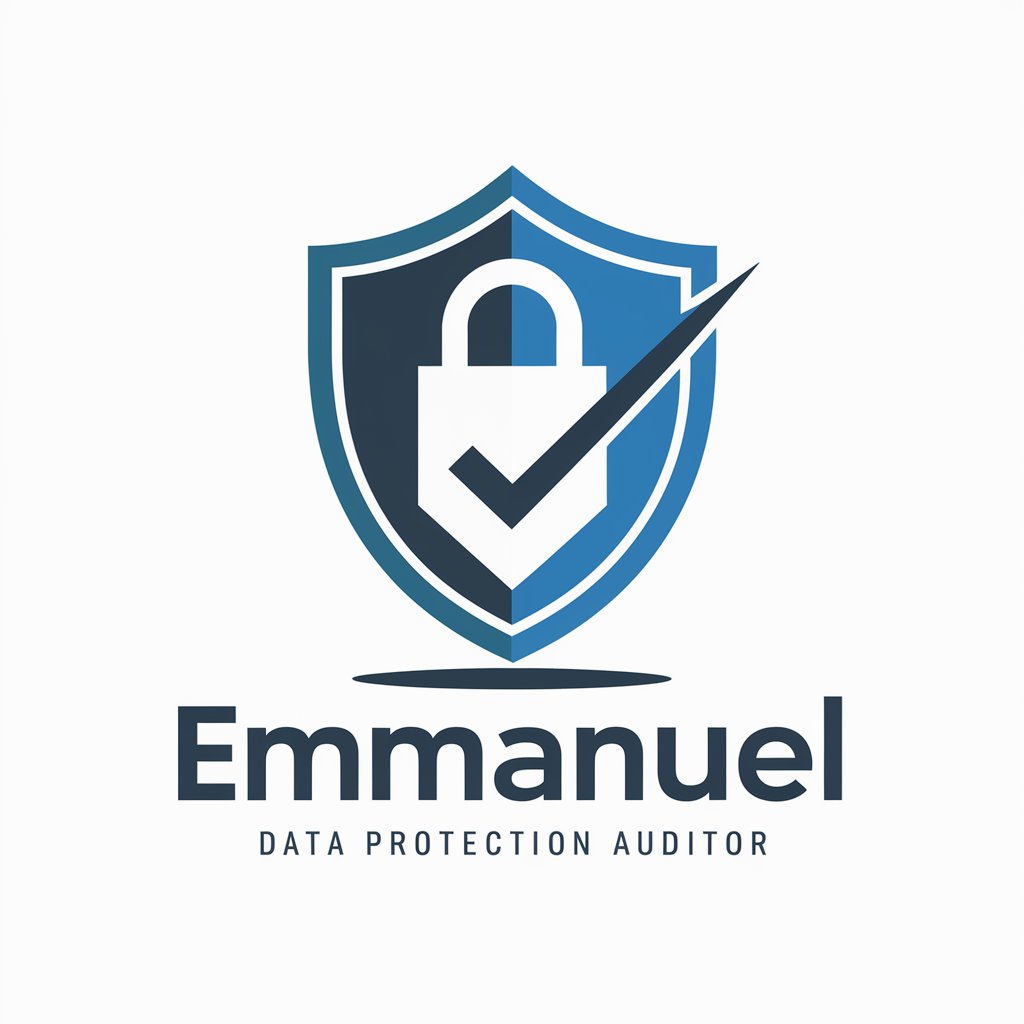
DSGVO Guide
Navigate GDPR with AI-powered guidance
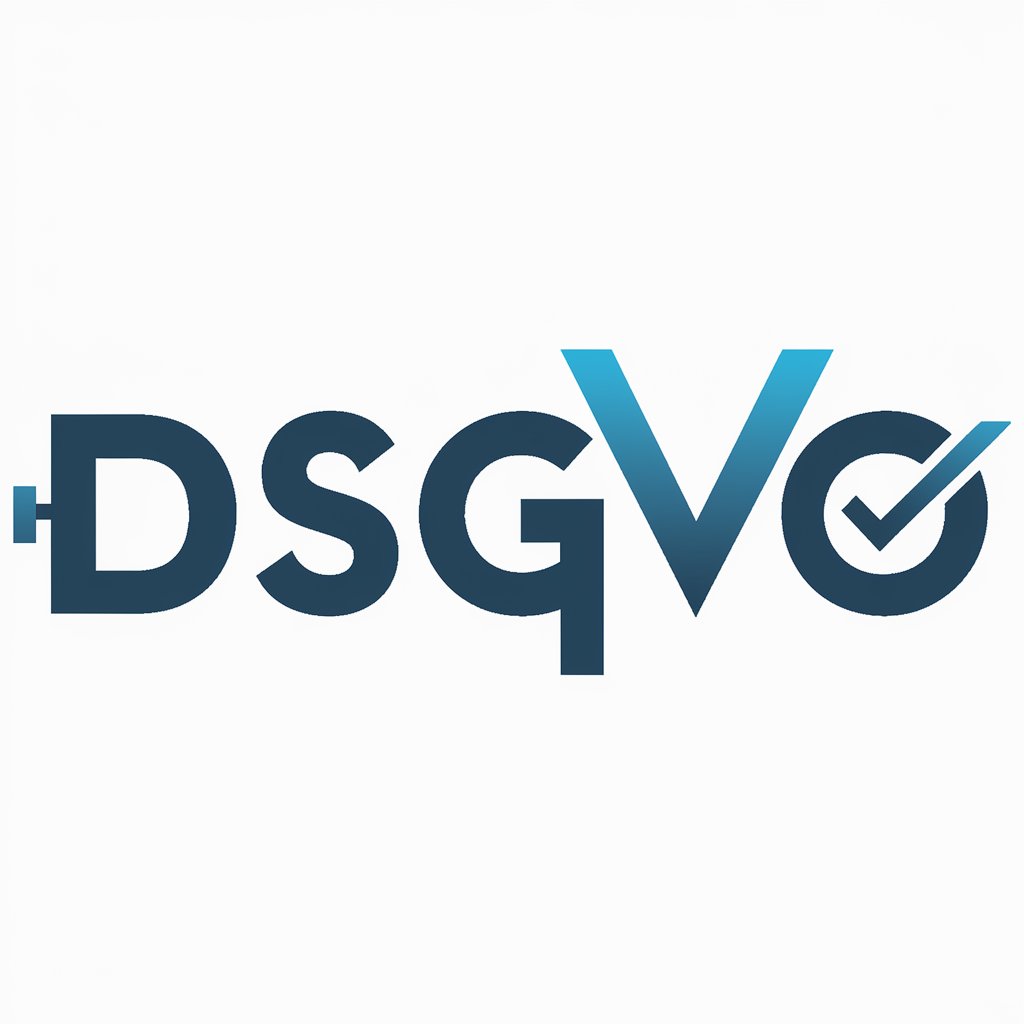
Complai
AI-driven Compliance Insights at Your Fingertips
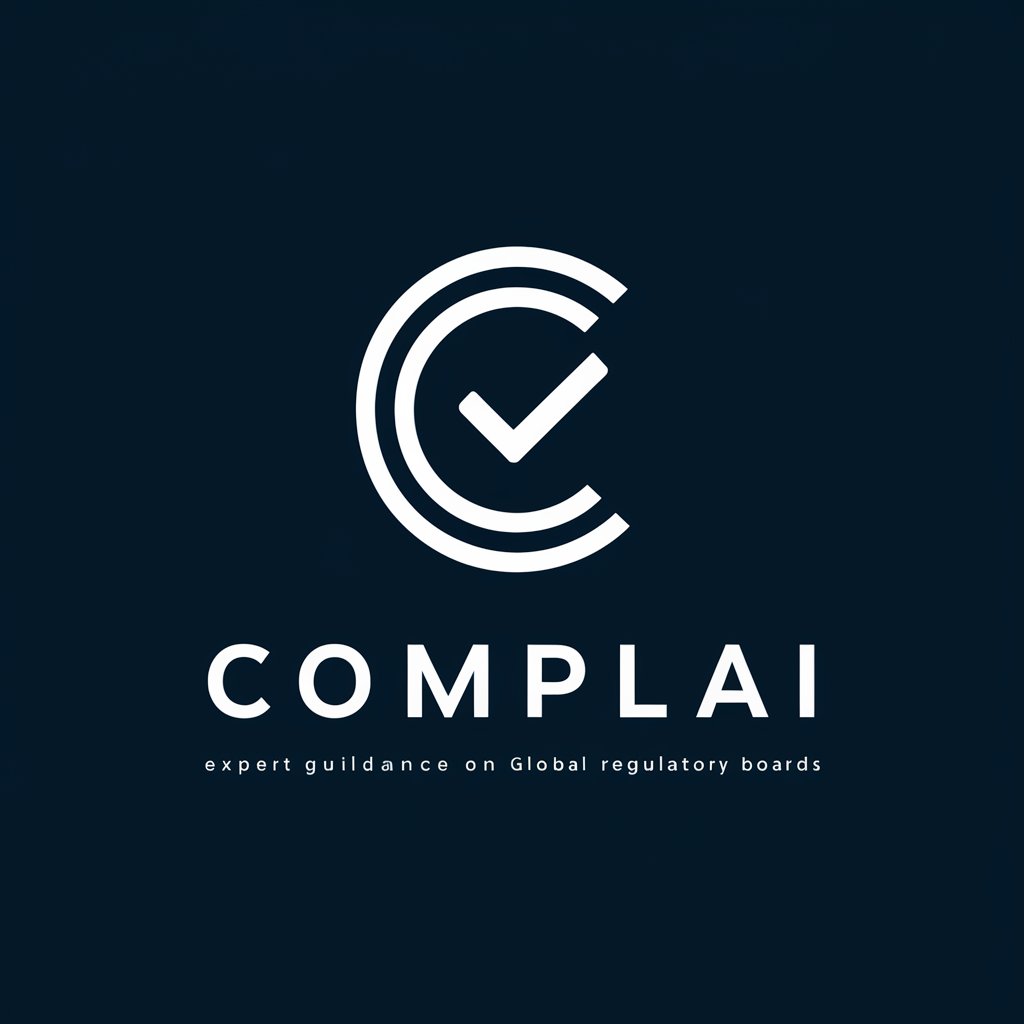
RGPD Compliance
Automate Your Website’s Legal Compliance
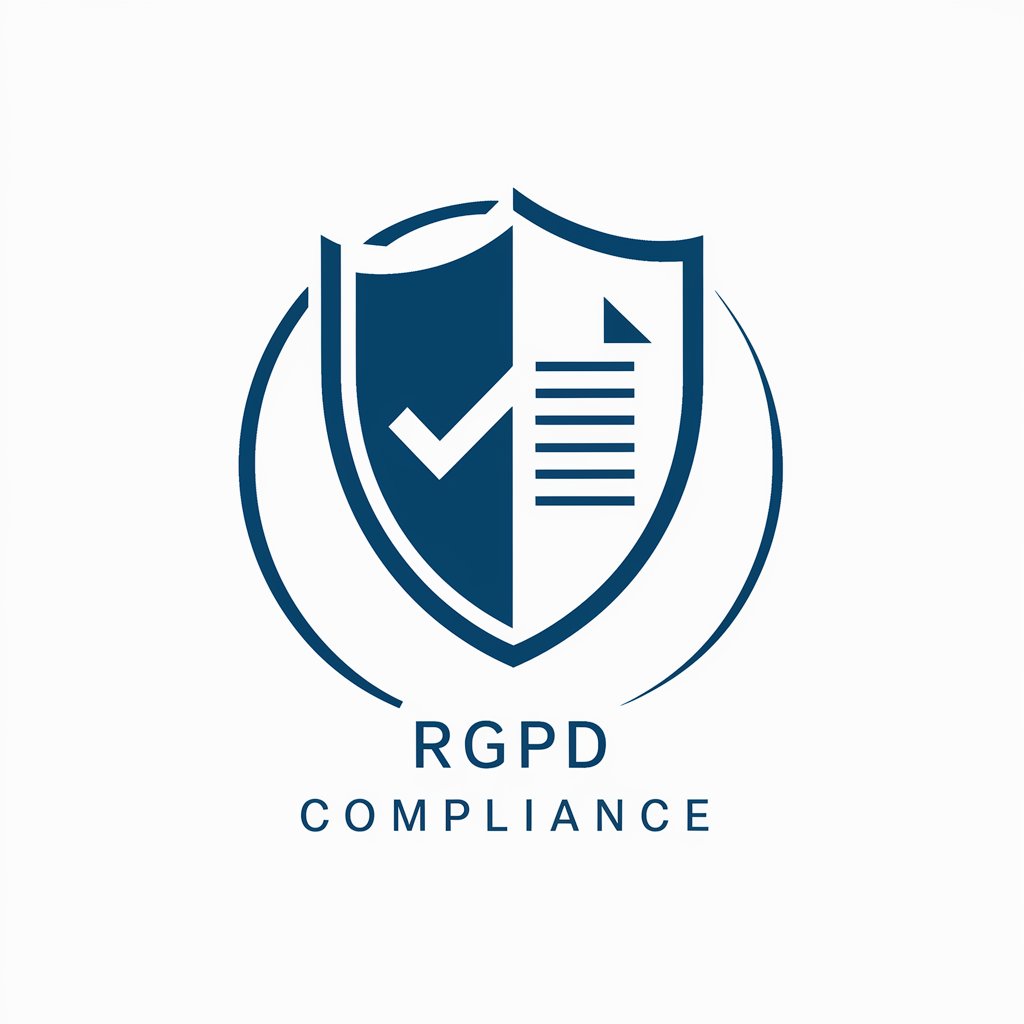
Legalese Translator
Demystifying legal jargon with AI.
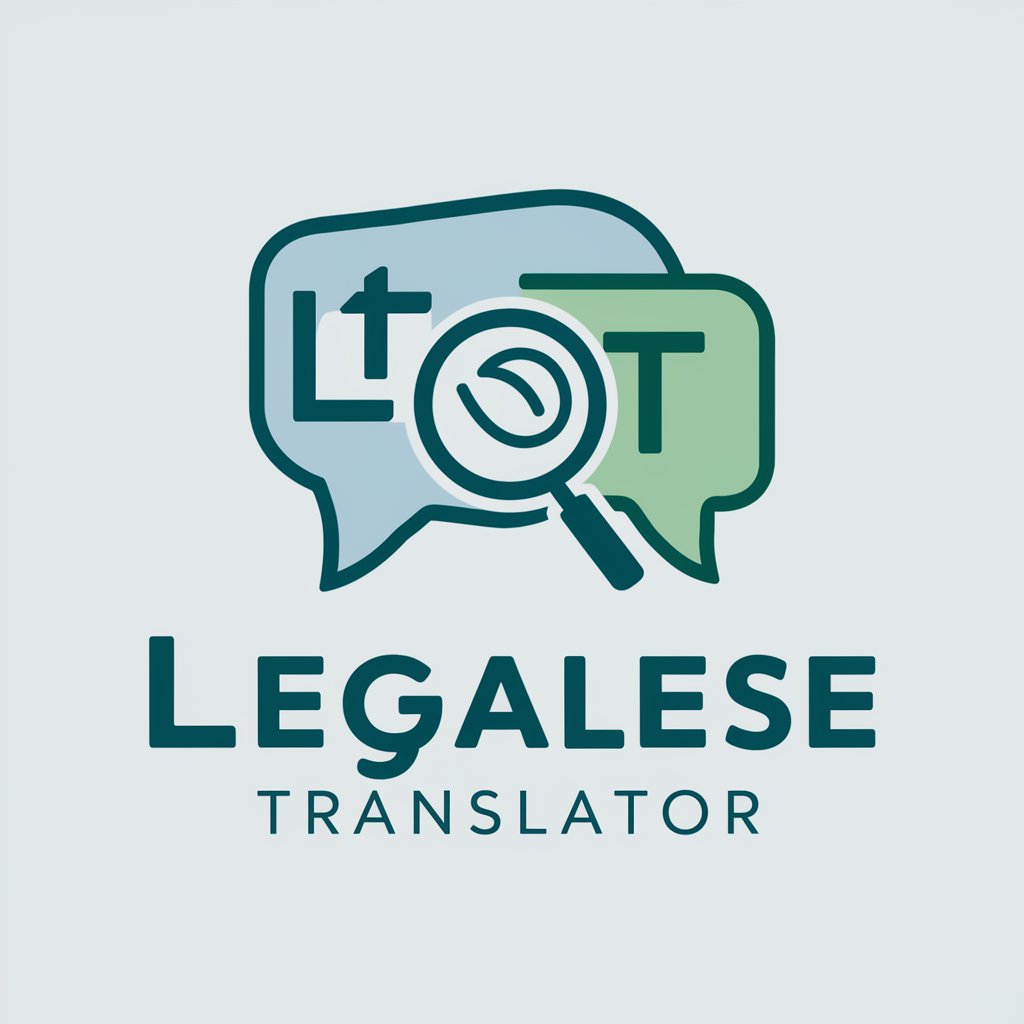
Small Print - Terms and Conditions
Demystifying legal jargon with AI
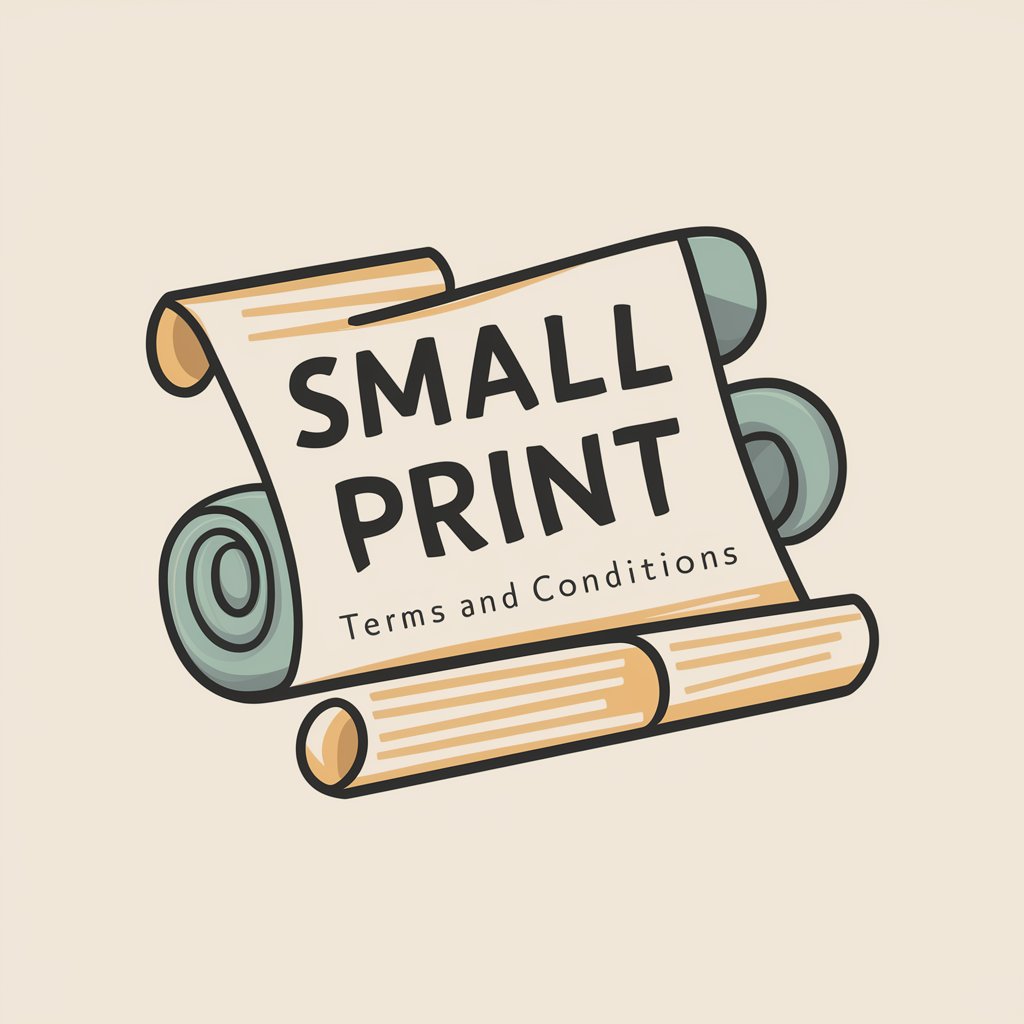
Fine Print Reader
Simplifying Legal Jargon with AI
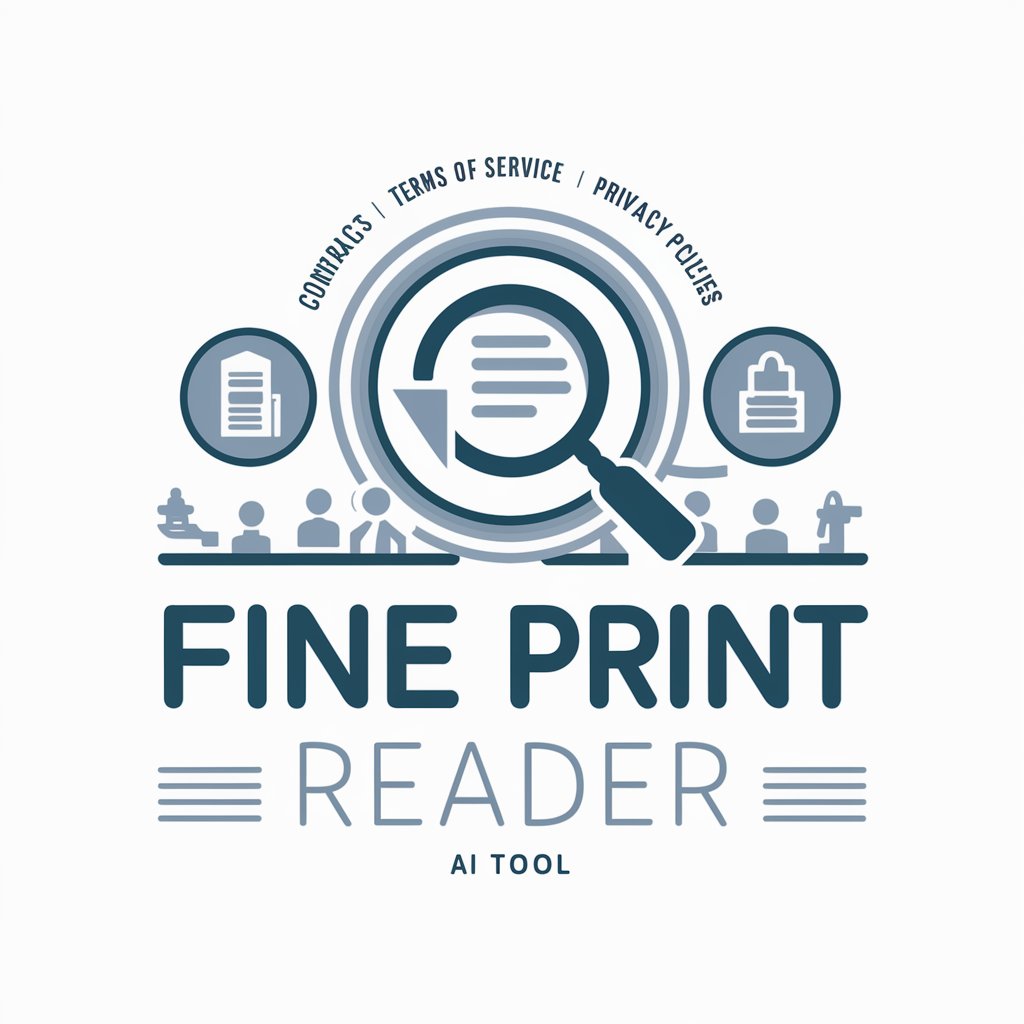
Poria Terms and Conditions Checker
Decipher Legal Terms with AI Power
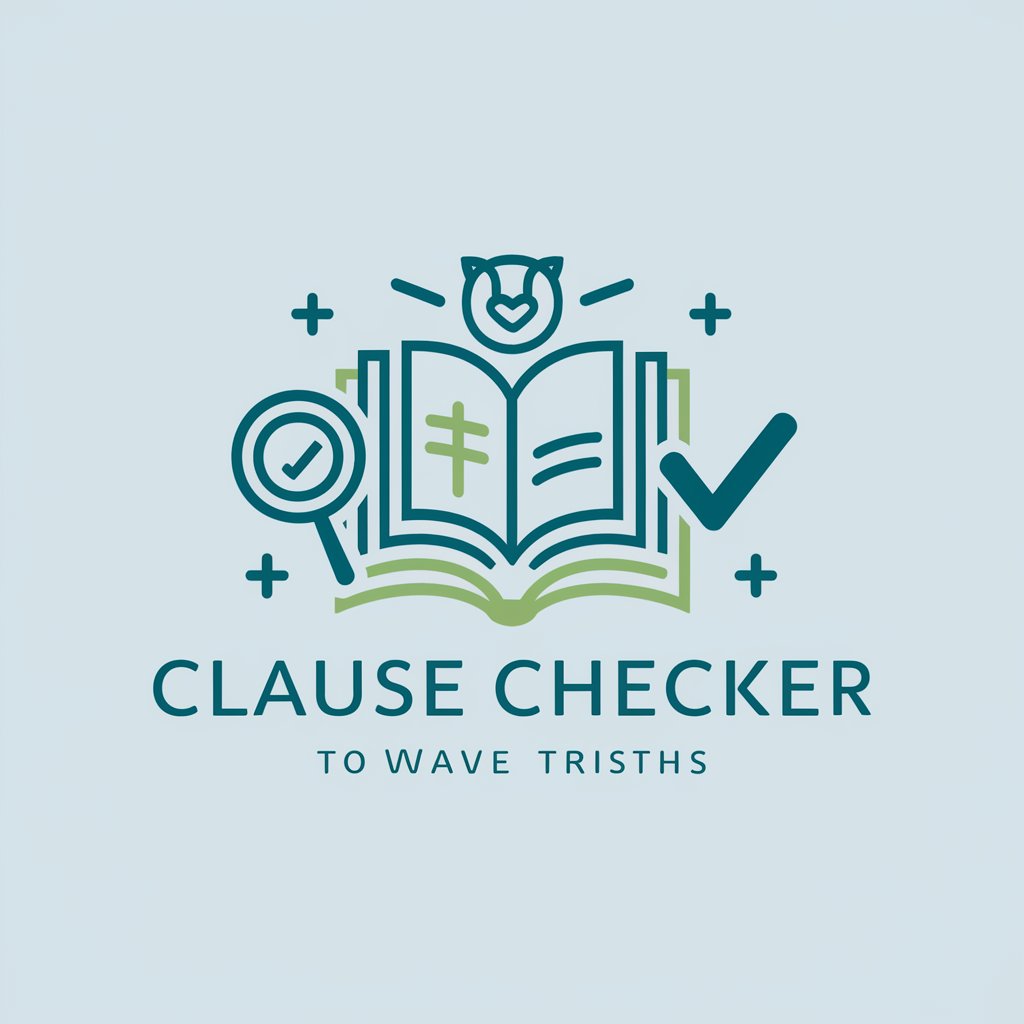
Key Attributes of AI GPTs in Privacy Policy
AI GPTs for Privacy Policy boast adaptability, allowing them to handle a wide range of functions from drafting simple privacy notices to analyzing complex legal documents. Noteworthy features include natural language understanding, which enables them to interpret and generate human-like text; technical support for legal analysis; web searching capabilities for the latest privacy regulations; image creation for visual aids in understanding policies; and data analysis features for assessing compliance risks and requirements.
Who Benefits from Privacy Policy AI Tools
The primary users of AI GPTs for Privacy Policy include novices seeking to understand privacy terms, developers integrating privacy policies into applications, and professionals such as legal experts and compliance officers. These tools are designed to be accessible to users without programming skills, offering intuitive interfaces, while also providing advanced customization options for those with technical expertise.
Try Our other AI GPTs tools for Free
User Agreements
Discover how AI GPTs for User Agreements revolutionize legal document management with advanced AI, offering precision, adaptability, and ease of use for various audiences.
Faith Reflection
Explore AI GPT tools for Faith Reflection, designed to enrich spiritual journeys with personalized insights, scripture interpretation, and more, adaptable across diverse beliefs.
Pastoral Care
Discover how AI GPTs for Pastoral Care are transforming spiritual guidance and support with advanced AI, offering tailored solutions for a compassionate, informed approach.
Competitive Leaderboards
Discover AI GPT tools for Competitive Leaderboards, designed to streamline the creation, analysis, and management of rankings. Tailored for a wide audience, these tools offer real-time updates, customization, and intuitive interfaces.
Toy Design
Discover how AI GPTs revolutionize toy design with adaptable, user-friendly tools for creativity and efficiency, from concept to final product.
STEM Learning
Unlock the potential of STEM learning with AI GPTs. Tailored education, research support, and interactive learning for all levels.
Expanding the Horizons with AI GPTs
AI GPTs are revolutionizing the field of privacy policy management by offering customized solutions across various sectors. Their user-friendly interfaces and integration capabilities allow for seamless adoption within existing systems or workflows, making privacy policy compliance more accessible and manageable for all types of organizations.
Frequently Asked Questions
What exactly are AI GPTs for Privacy Policy?
AI GPTs for Privacy Policy are specialized AI tools designed to automate and assist with the creation, analysis, and management of privacy policies using advanced natural language processing technologies.
How can these tools help with privacy policy management?
They simplify the process of drafting policies, ensure compliance with current laws, analyze existing policies for gaps, and provide insights into privacy regulations.
Do I need coding skills to use these tools?
No, these tools are designed to be user-friendly and accessible to individuals without any programming background.
Can AI GPTs stay updated with changing privacy laws?
Yes, thanks to their web searching capabilities, these tools can access and integrate the latest privacy regulations and standards into their analyses and outputs.
Are these tools suitable for legal professionals?
Absolutely, legal professionals can leverage these tools for in-depth analysis and interpretation of privacy policies and regulations, enhancing their advisory capabilities.
How do AI GPTs handle complex legal language in privacy policies?
AI GPTs are trained on vast datasets, including legal documents, enabling them to understand and generate complex legal terminologies and concepts accurately.
Can these tools be customized for specific industry regulations?
Yes, AI GPTs for Privacy Policy can be tailored to accommodate the unique privacy requirements and regulations of different industries.
What makes AI GPTs different from traditional privacy policy management tools?
AI GPTs offer a higher level of automation, adaptability, and understanding of natural language, making them more efficient and effective in managing privacy policies compared to traditional tools.